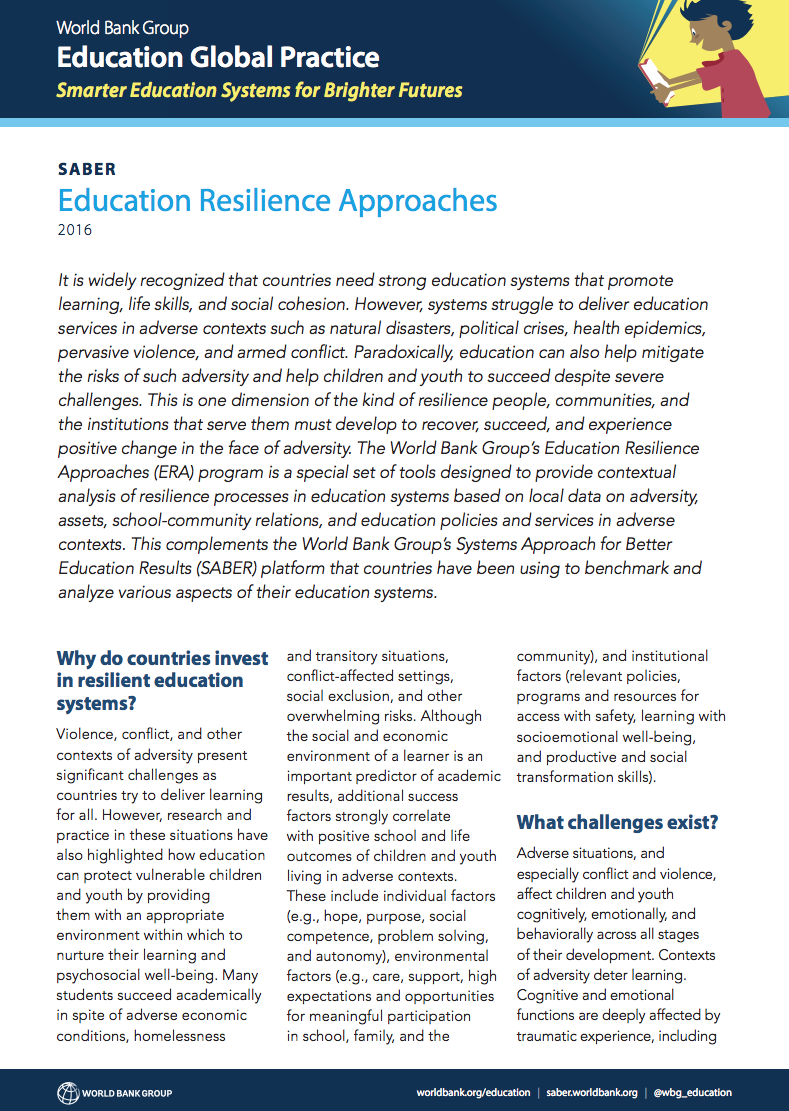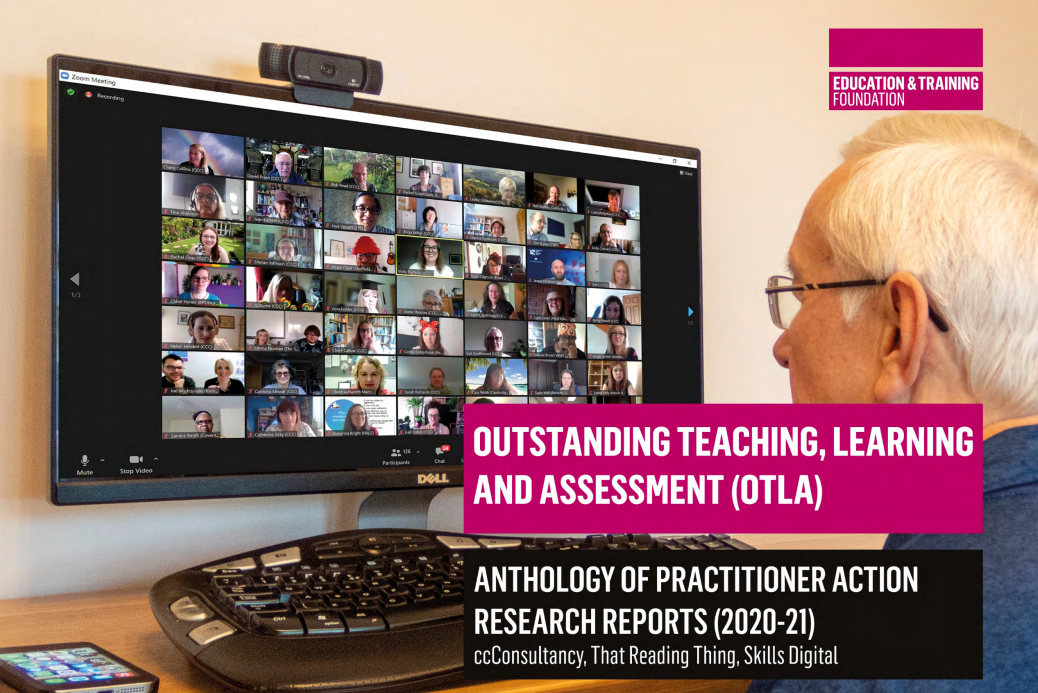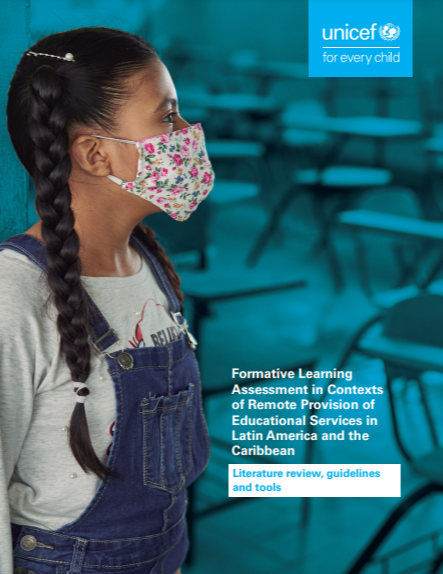Education Resilience Approaches
2016
Education Resilience Approaches
MORE DOCUMENTS
-
ResourcesContent Type: DocumentsCreated: 2021
-
ResourcesContent Type: DocumentsCreated:
-
ResourcesContent Type: DocumentsCreated: 2021





